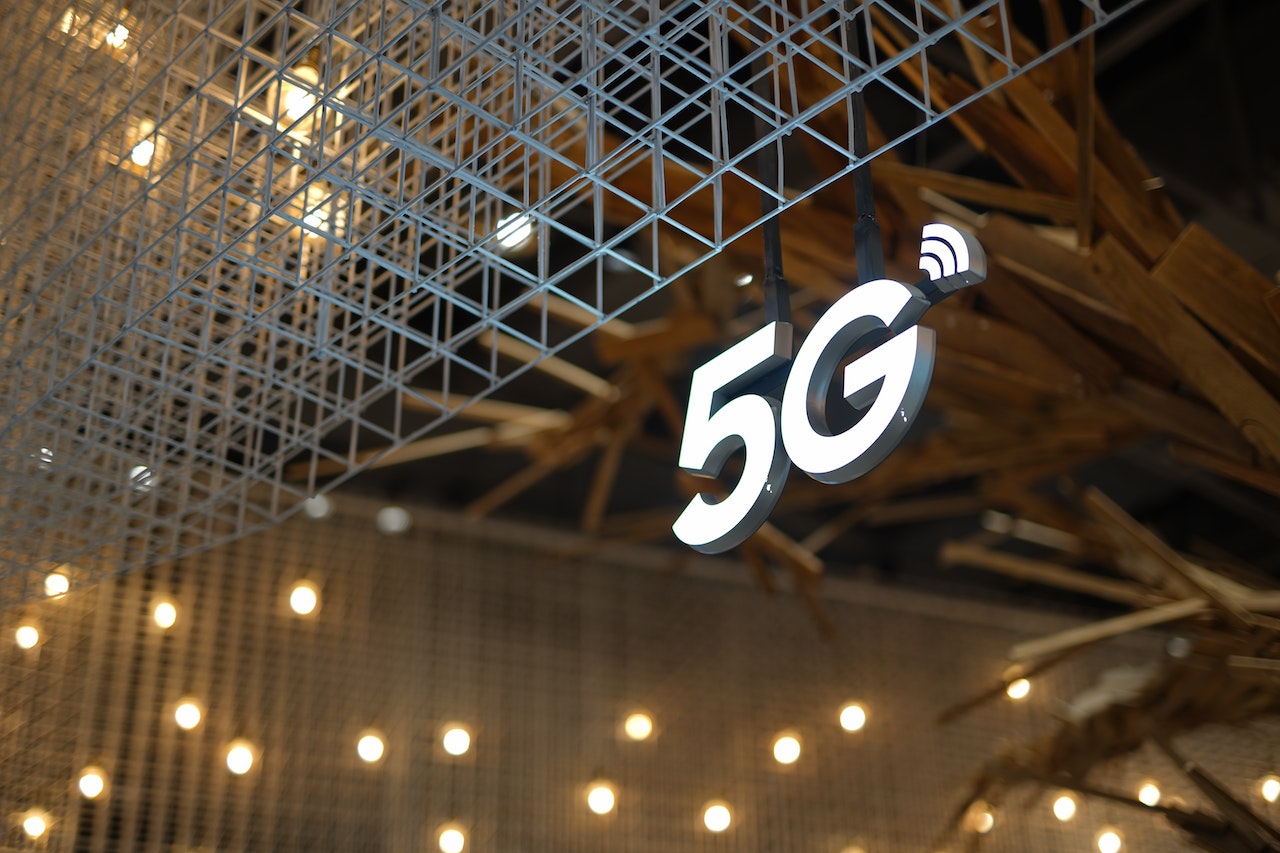The race for mobile phone carriers to offer the best unlimited data plans and 5G coverage is heating up. As more people rely on their phones for work, entertainment, and communication, the need for fast, reliable data is more important than ever. This has led to intense competition among the major carriers, each vying for a larger share of the market. In this article, we will explore the current state of unlimited data plans and 5G coverage, and the benefits and drawbacks of each carrier’s offerings.
Verizon was the first carrier to offer 5G coverage in select cities, and they continue to lead the pack in terms of coverage area. However, their unlimited data plans can be expensive, and they have been criticized for their deprioritization policy, which slows down data speeds for customers who exceed a certain amount of data usage each month.
AT&T has also invested heavily in 5G infrastructure, and they offer a variety of unlimited data plans to fit different budgets and needs. Their Unlimited Elite plan, which includes 100 GB of premium data, is particularly popular among heavy data users. However, their coverage area is not as extensive as Verizon’s.
T-Mobile has made a name for itself with its “Un-carrier” approach to mobile phone plans. They were the first carrier to eliminate data caps on their plans, and they continue to offer competitive unlimited data plans. They also have a rapidly expanding 5G network, which they claim is the largest in the country. However, their coverage area is still not as extensive as Verizon’s or AT&T’s.
Sprint, which recently merged with T-Mobile, has historically offered some of the most affordable unlimited data plans. However, their coverage area is limited, and their 5G network is not as developed as the other major carriers.
When it comes to choosing the right carrier and plan, it’s important to consider your specific needs and usage patterns. If you primarily use your phone for streaming video and music, you may want to opt for a plan with a larger amount of premium data. If you travel frequently, coverage area may be the most important factor to consider.
It’s also important to keep in mind that “unlimited” does not always mean unlimited. Most carriers have policies in place that allow them to slow down data speeds for customers who exceed a certain amount of data usage each month. This is known as deprioritization, and it can have a significant impact on your data speeds during peak usage times.
Another factor to consider is the price. Unlimited data plans can be expensive, and some carriers may charge additional fees for features like hotspot usage or international data roaming. It’s important to read the fine print and understand all of the costs associated with a plan before signing up.
Overall, the competition among mobile phone carriers for unlimited data plans and 5G coverage is good news for consumers. It means more options and better service, as carriers work to outdo each other with their offerings. However, it’s important to do your research and choose the plan that best fits your needs and budget.
In addition to the major carriers, there are also a number of smaller carriers and mobile virtual network operators (MVNOs) that offer competitive plans. These companies often lease network capacity from the major carriers, and then resell it at a lower cost. While their coverage area may be more limited, they can be a good option for those looking to save money on their monthly phone bill.
In conclusion, the competition among mobile phone carriers for unlimited data plans and 5G coverage is fierce, and each carrier has its own strengths and weaknesses. It’s important to evaluate your specific needs and usage patterns, as well as the cost and coverage area








